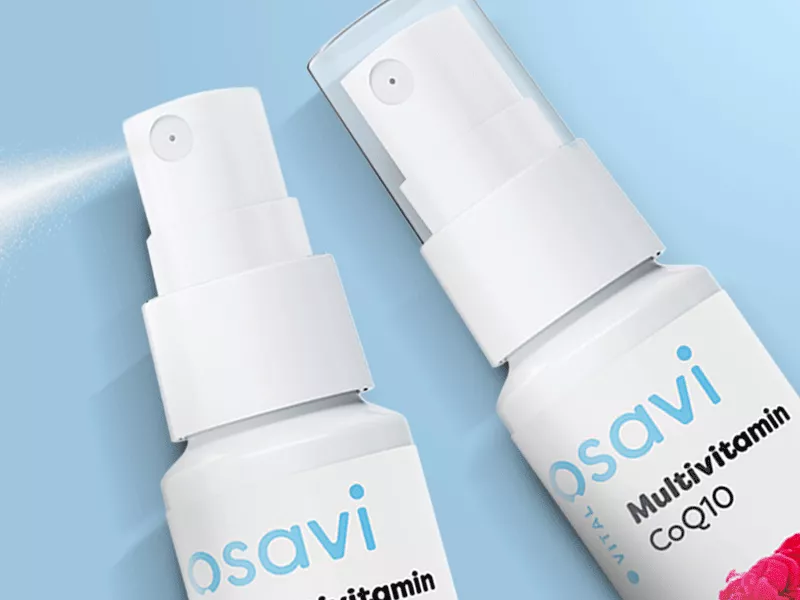
Find out the most popular facts and myths about supplementation.
In the age of growing popularity of dietary supplements, many people wonder if they can completely replace healthy eating. Advertisements promise quick improvements in well-being, filling nutritional gaps, and supporting the body, but is it really enough to just take a capsule to provide all the essential nutrients? In this article, we debunk the most common myths and present facts about the role of supplementation in daily life.
Myth 1: Dietary supplements provide all the necessary nutrients
Many people believe that using supplements allows them to forgo a healthy diet. In reality, supplements are meant to complement deficiencies, not replace nutrients obtained from food.
Fact: Food contains not only vitamins and minerals but also fiber, phytochemicals, and antioxidants, which are not found in supplements in the same form and quantity. For example, vitamin C in its natural form from citrus fruits is better absorbed than synthetic forms available in supplements.

Myth 2: Supplements work immediately
Some believe that supplements will yield results immediately after consumption, similar to headache medications.
Fact: Most supplements work over the long term, and their effectiveness depends on many factors, such as health status, diet, lifestyle, and individual nutritional needs. For example, deficiencies in vitamin D may require several weeks of regular supplementation before we see the first effects.
Myth 3: More supplements mean better results
Some think that the more vitamins and minerals they consume, the better it is for their health.
Fact: Excess of certain nutrients can be harmful. For example, excessive intake of vitamin A can lead to liver problems, and too much iron can cause digestive disorders. Therefore, it is important to use supplements according to recommendations and not exceed the recommended doses.

Myth 4: Everyone should take supplements
Many people turn to supplements without being sure if they actually need them.
Fact: Individuals who follow a well-balanced diet may not need additional supplementation. However, there are groups for whom supplements may be indicated, such as:
- ✔️ Vegetarians and vegans – may need vitamin B12 and iron.
- ✔️ People with vitamin D deficiency – especially during the autumn and winter months.
- ✔️ Pregnant women – folic acid and iron are often recommended.
- ✔️ Seniors – may require additional supplementation of calcium and vitamin D.
How to properly use supplements?
- First, diet! – the foundation of health is a varied diet rich in vegetables, fruits, protein, and healthy fats.
- Supplements as support – it is worth using them when deficiencies are confirmed by tests.
- Consultation with a dietitian or doctor – before deciding on supplementation, it is advisable to consult an expert.

Summary
Dietary supplements can support the body, but they cannot replace a healthy and balanced diet. The key is to have the right approach – using supplements where they are truly needed and ensuring a nutritious diet on a daily basis.
Remember! Dietary supplements cannot replace a healthy lifestyle or a properly balanced diet!





